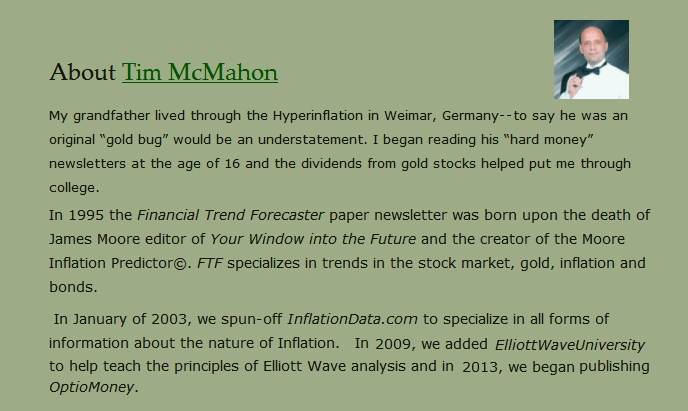A Certificate of Deposit better known as a "CD" is a longer term deposit placed with a bank or Credit Union. CDs offer the advantage of FDIC insurance just like a checking or savings account does.
In a CD you guarantee to allow the bank to keep your money for a specified term in exchange for a higher interest rate. Traditionally a checking account provided instant access to your money a savings account could require that you provide notice to the bank before you were able to withdraw your money and a CD requires that you pay a penalty if you withdraw it before the expiration.
CD interest rates generally track inflation fairly closely. As inflation rates rise the yield of CDs has to rise as well in order to induce depositors to lock their money into an investment with a decreasing purchasing power.
When the inflation rate peaks however you may be able to lock in a higher interest rate with a CD as current rates fall.
One bank in the U.S. (EverBank®) even offers CDs denominated in other currencies. This allows you to hedge against a declining value of the U.S. Dollar by having some of your money invested in other currencies (with an FDIC guarantee). Of course if the Dollar appreciates against the other currency your value may decrease and the FDIC doesn't insure against that. But the long term trend for the last 20 years has been down for the dollar. Foreign currencies may also pay higher interest than the dollar.
Below is a list of the Current Rates available on CDs at various banks including the minimum deposit required.
 Connect
with Tim on
Connect
with Tim on
Use our custom search to find more articles like this

Share Your Thoughts